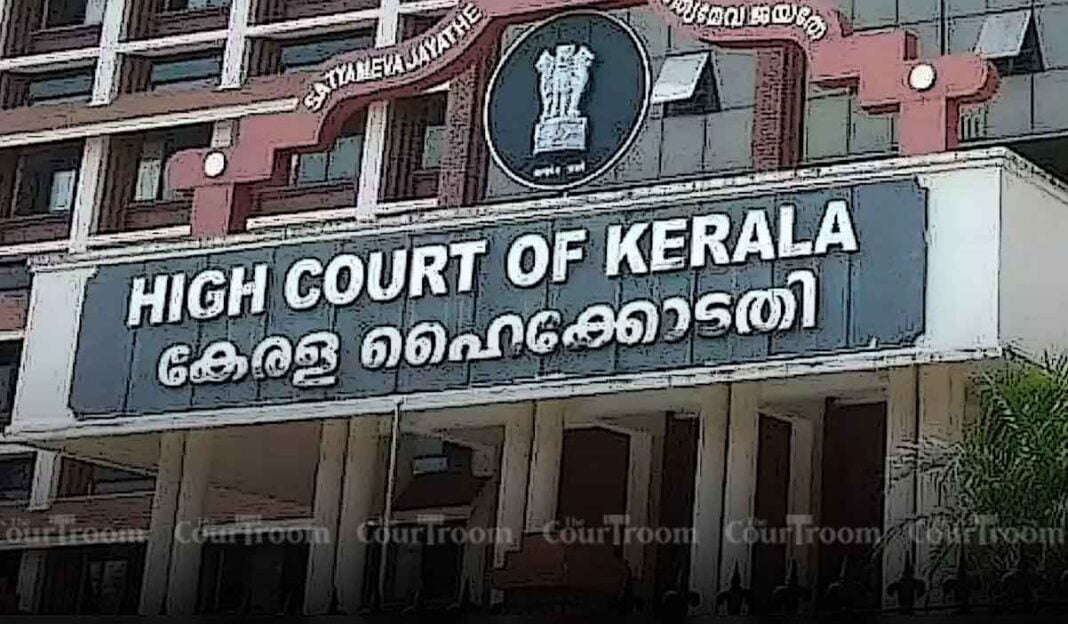Kerala High Court Mandates Rent Payments for Tenants Seeking Eviction Protection!
The Kerala High Court has ruled that tenants cannot seek relief from eviction without first fulfilling their obligation to pay rent. In a recent judgment, the Court emphasized the importance of tenants meeting their rental responsibilities while pursuing legal remedies against landlords in eviction cases [Pramod v. The Secretary & Anr and connected cases].
Justice C. Jayachandran highlighted that tenants are not entitled to an injunction against eviction unless they have paid their rent. Citing the principle of “he who seeks equity must do equity,” the Court reasoned that granting such relief to tenants who fail to pay rent would effectively allow them to occupy rented premises without compensation, contrary to the Transfer of Property Act.
The Court clarified that while tenants must fulfill their financial obligations, landlords cannot resort to self-help methods for eviction. “This Court does not, for a moment, sanction the eviction of a tenant by the landlord taking law into his own hands,” it stated.
Additionally, the Court affirmed that civil courts have the authority to strike out a tenant’s defense in eviction cases if they do not comply with rent payment obligations or fail to follow court directives to deposit overdue rent. This measure is aimed at expediting cases and reducing unnecessary litigation.
To provide clarity and uniformity in handling tenancy disputes, the Court issued specific guidelines for tenants seeking injunctions against eviction:
1. Tenants must submit an affidavit confirming that all rent due up to the month before filing for an injunction has been paid, or provide reasons for any non-payment.
2. Courts will evaluate tenants’ justifications for non-payment with leniency.
3. If the landlord demonstrates that rent is overdue, the Court will order the tenant to pay the arrears within a specified timeframe.
4. Civil courts are to adhere to Section 12 of the Rent Control Act and relevant legal precedents in rent-related matters.
5. If tenants pay the arrears and commit to ongoing payments, the interim injunction will remain in effect.
6. Failure to pay rent will result in dismissal of the injunction order, although the Court may grant additional time for payment.
7. If rent is deposited, the injunction will be reinstated, contingent upon future payments.
8. Non-compliance with rent deposit deadlines may lead to the striking off of the tenant’s pleadings under Section 151 of the Code of Civil Procedure (CPC).
The Court also instructed the Registrar General to present this judgment to the Rule Committee for potential amendments, allowing civil courts to strike off a tenant’s defense in cases of non-payment.
This ruling arose from three petitions, two filed by tenants contesting an interim order requiring them to deposit rent arrears, and one by a landlord dissatisfied with a civil court’s refusal to compel the tenant to pay overdue rent. The Court has remitted all three matters back to the trial court for reconsideration.
Advocates representing the landlords included Sarath MS and B Premnath, while tenants were represented by Sajan Varghese K, Liju MP, and Jophy Pothen Kandankary. In the third petition, landlords were represented by PG Jayashankar, PK Reshma, S Rajeev, Sajana VH, Shiju George, and Aadersh RS Panicker, with John Nellimala Sarai and Mohammed Sagheer appearing for the tenant. Advocate Jacob P. Alex served as Amicus Curiae.
(With inputs from agency)
Share your news, articles, deals, columns, or press releases with us! Click the link to submit and join our platform today.


